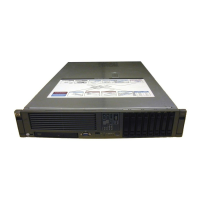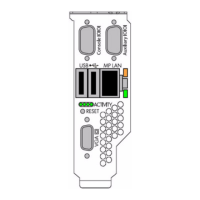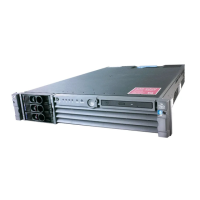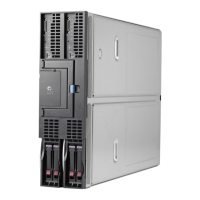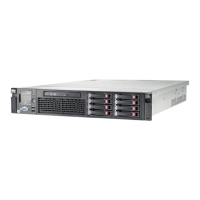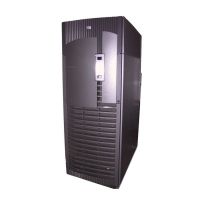Drive arrays and fault-tolerance methods 108
When the array has more than three physical drives, drives are mirrored in trios, and the fault-tolerance
method is known as RAID 10 (ADM).
In each mirrored trio, the physical drives that are not busy answering other requests answer any read
requests that are sent to the array. This behavior is called load balancing. If a physical drive fails, the
remaining two drives in the mirrored trio can still provide all the necessary data. Several drives in the array
can fail without incurring data loss, as long as no three failed drives belong to the same mirrored trio.
This fault-tolerance method is useful when high performance and data protection are more important than the
cost of physical drives.
Advantages:
• This method has the highest read performance of any fault-tolerant configuration.
• No data is lost when two drives fail, as long as no two failed drives are mirrored to another failed drive.
• Up to two-thirds of the physical drives in the array can fail.
Disadvantages:
• This method is expensive, because many drives are needed for fault tolerance.
• Only one-third of the total drive capacity is usable for data storage.

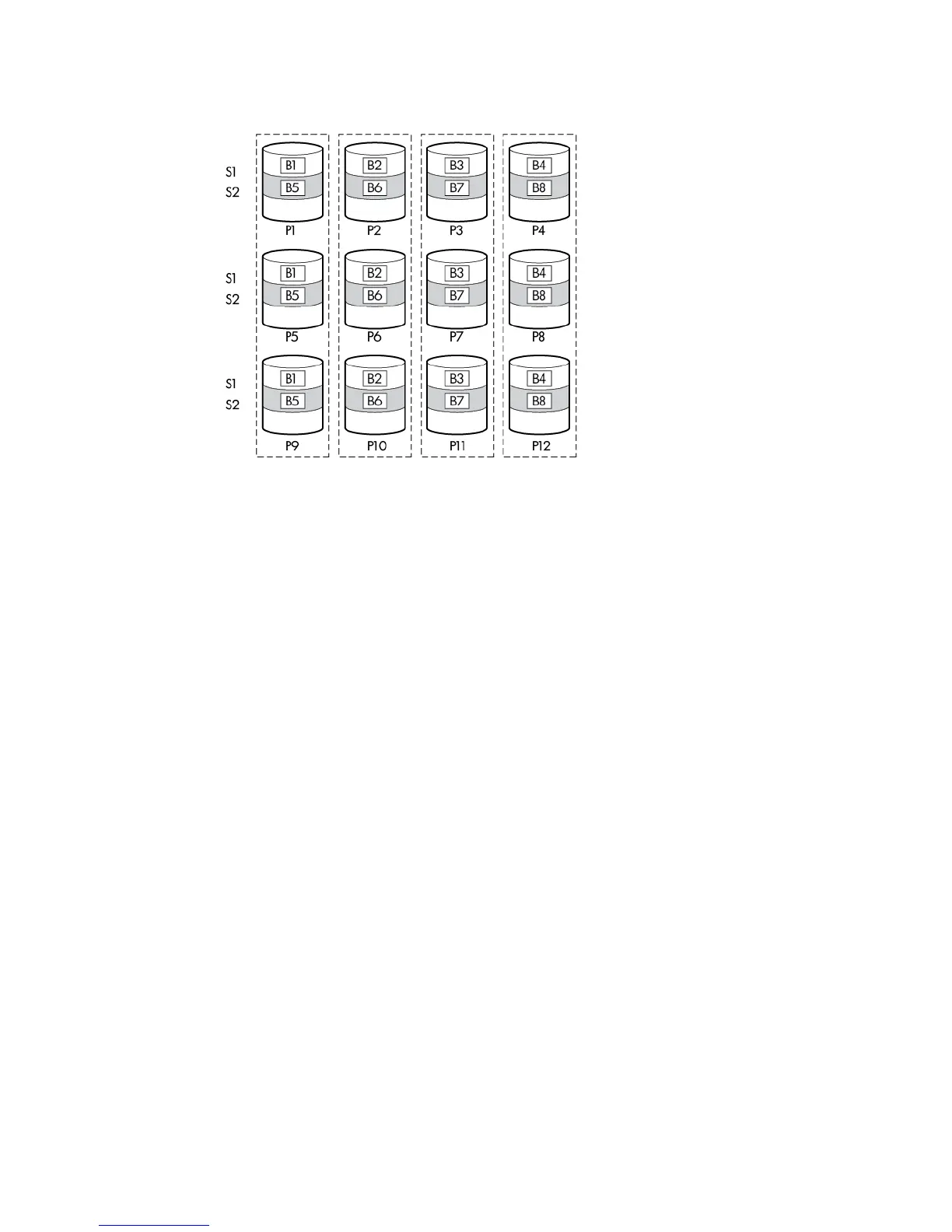